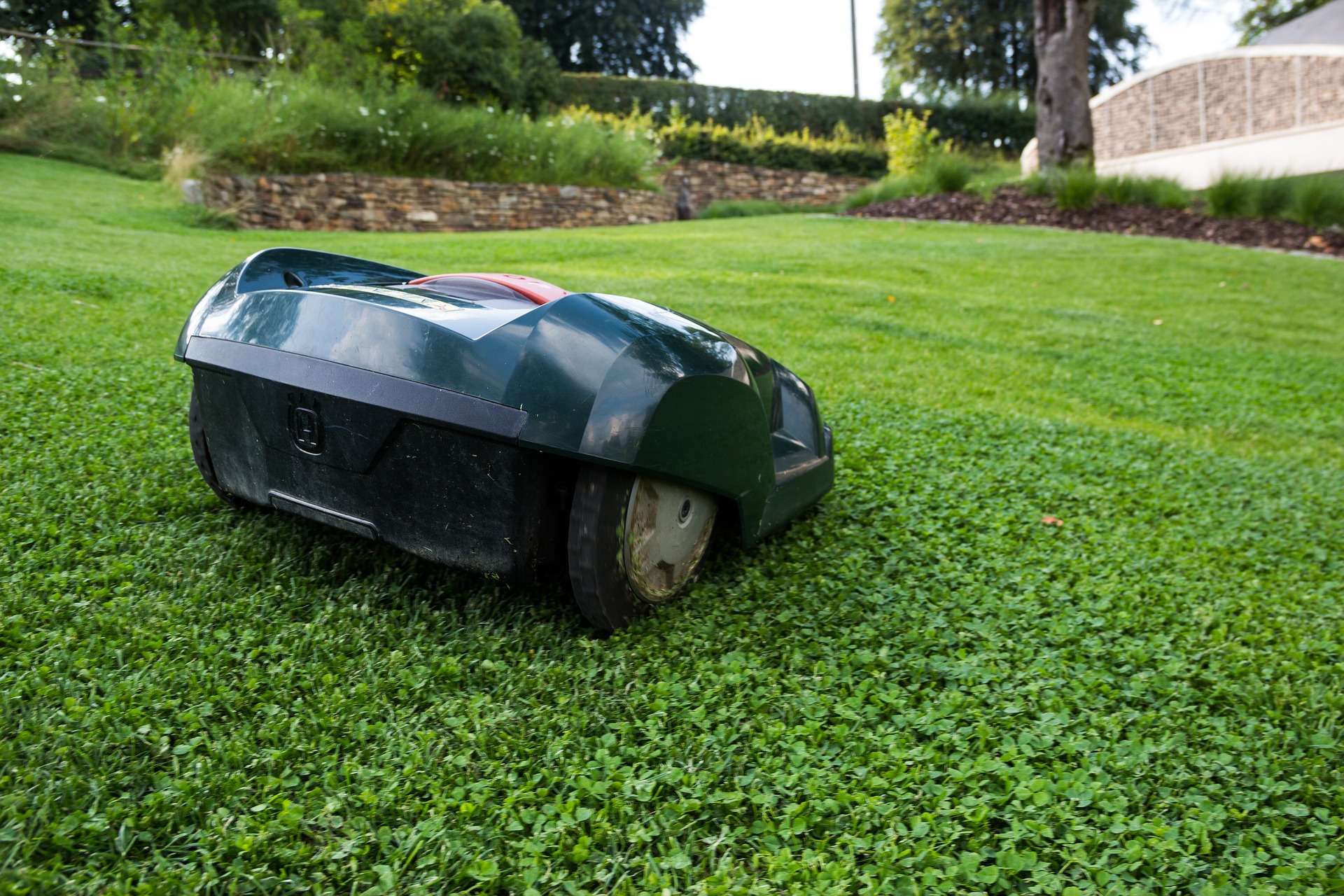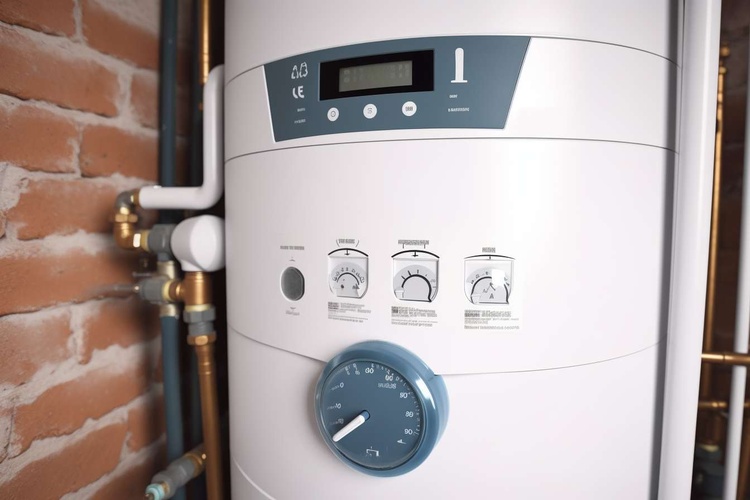A Complete Guide to Understanding Cremation Services: Costs, Options, and Planning
Cremation has become an increasingly popular choice for end-of-life arrangements, offering families a dignified and often more affordable alternative to traditional burial services. This comprehensive guide explores the essential aspects of cremation services, from understanding the process to making informed decisions about memorialization options and environmental considerations.

Understanding the Cremation Process
The cremation process involves placing the deceased in a specialized chamber where intense heat reduces the body to bone fragments. These fragments are then processed into ashes, also known as cremated remains. The entire process typically takes 2-3 hours, followed by a cooling period and processing of the remains. Modern cremation facilities maintain strict protocols and documentation to ensure proper identification and handling throughout the process.
Exploring Cremation Costs and Benefits
Cremation generally costs significantly less than traditional burial services, making it an increasingly popular choice for many families. The average cost of a direct cremation ranges from $600 to $3,000, while a full-service cremation with viewing can cost between $3,000 and $7,000.
| Service Type | Average Cost Range | Included Services |
|---|---|---|
| Direct Cremation | $600-$3,000 | Basic services, cremation, container |
| Cremation with Memorial | $2,000-$5,000 | Basic services, cremation, urn, memorial service |
| Full-Service Cremation | $3,000-$7,000 | Complete services, viewing, cremation, urn |
Prices, rates, or cost estimates mentioned in this article are based on the latest available information but may change over time. Independent research is advised before making financial decisions.
Environmental Considerations of Cremation
Cremation has both environmental advantages and impacts to consider. While it requires less land use than traditional burial, the process does release carbon emissions. Modern cremation facilities utilize advanced filtration systems to minimize environmental impact. Some facilities now offer eco-friendly alternatives like water cremation (alkaline hydrolysis) where available, which has a smaller carbon footprint.
Exploring Memorialization Options
Cremation offers diverse memorialization possibilities to honor your loved one’s memory. Popular options include:
-
Keeping the ashes in a decorative urn at home
-
Scattering ceremonies in meaningful locations
-
Creation of memorial jewelry or art pieces
-
Placement in a columbarium niche
-
Integration into memorial gardens or forests
-
Converting ashes into commemorative items like glass art or diamonds
Essential Planning Tips
Advance planning for cremation services helps reduce stress and ensure wishes are honored. Key planning steps include:
-
Documenting your preferences in writing
-
Discussing plans with family members
-
Researching local cremation providers
-
Understanding state regulations and requirements
-
Considering pre-payment options if desired
-
Making arrangements for final disposition of ashes
When making end-of-life arrangements, cremation services offer a flexible, cost-effective option that can be personalized to honor the deceased while meeting family needs and preferences. Understanding these various aspects helps in making informed decisions that align with personal values, financial considerations, and environmental consciousness.




